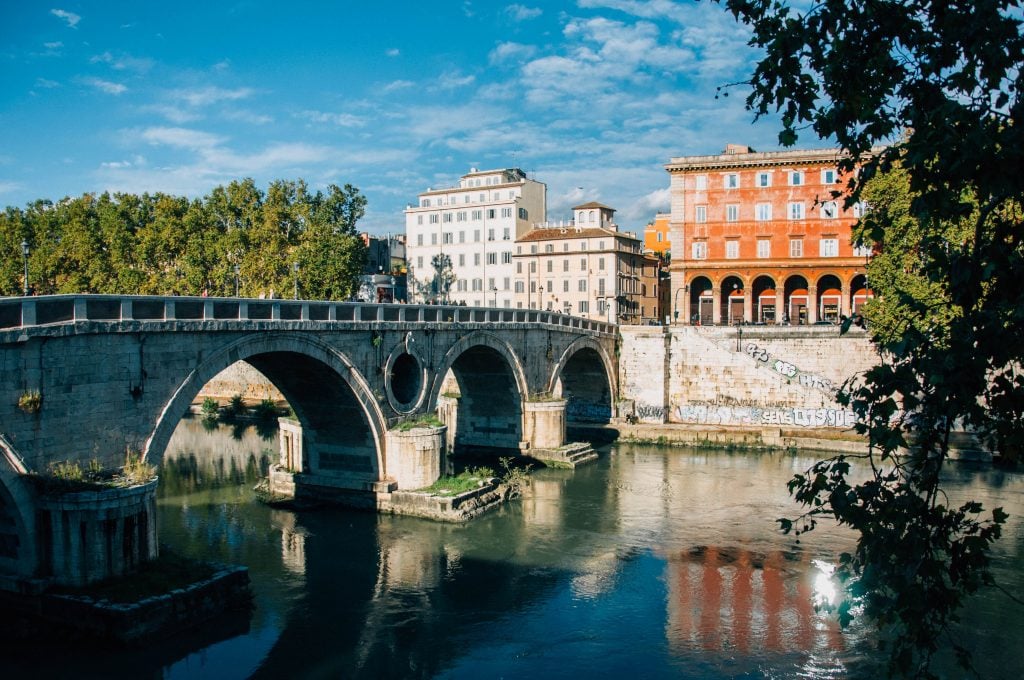

The English language is packed with references to the Eternal City. For the amusement of the logophiles among our readers, here is a list of expressions that reference Rome in a way or another, plus some fun facts about each idiom that you can use to impress all of your friends. Enjoy!
Rome was not built in a day. This famous adage, which highlights that ample time is required to accomplish great things, was brought to the English language by playwright John Heywood as a translation of the 12th century French proverb, Rome ne fu[t] pas faite toute en un jour.
When in Rome... (do as the Romans do). Possibly one of the most popular idioms for travelers, and even more so when someone visits Rome, the expression originated from Saint Ambrose's advice to Saint Augustine. Saint Augustine had just arrived to Milan to serve as a Professor of Rethoric and was shocked to discover that the clergy would not fast on Saturdays as was usual in Rome. When he asked Saint Ambrose, the Bishop of Milan, for explanation, and it was then that the Saint told him that one should follow the customs of the places one visits, adapting oneself to the people around him or her.
All roads lead to Rome. Also used widely in the Italian language ("tutte le strade portano a Roma"), this proverb dates back to the days of the Great Roman Empire, when Rome was the most important hub in the entire world. The Roman road system was so vast and efficient that one could truly say that any road would lead to Rome. Today, the expression suggests that different methods can all lead to the same outcome or solution.
To fiddle while Rome burns. Also dating back to ancient Rome, this expression recalls a legend about Emperor Nero, who was supposedly playing the violin (or fiddle) while a fire destroyed half of Rome in the 1st century AD. Some historians credit Nero as the initiator of the fire that he used a pretext to persecute the Christians, while others dismiss the story as a myth. In any case, the idiom is still used today to rebuke someone who is idle in the midst of an emergency.
Cross the Rubicon. The Rubicon was the river that separated Italy and the Cisalpine Gaul during the Great Roman Empire. When Julius Caesar crossed it with his army in 49 BC he started the civil war against the Senate. This is why today the expression refers to making an important and irrevocable decision, committing oneself to a particular course of action.
Learn more about studying English Literature at JCU.




